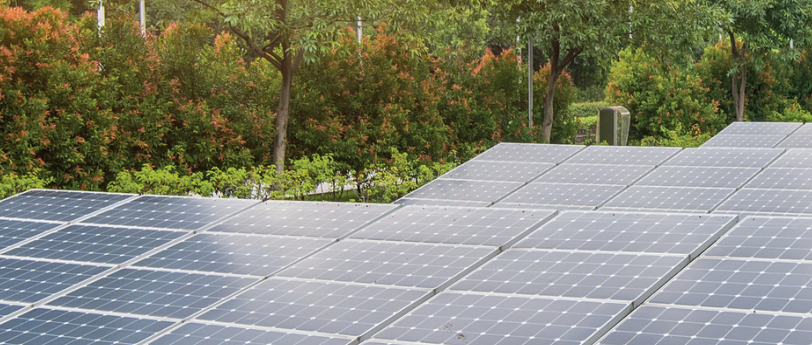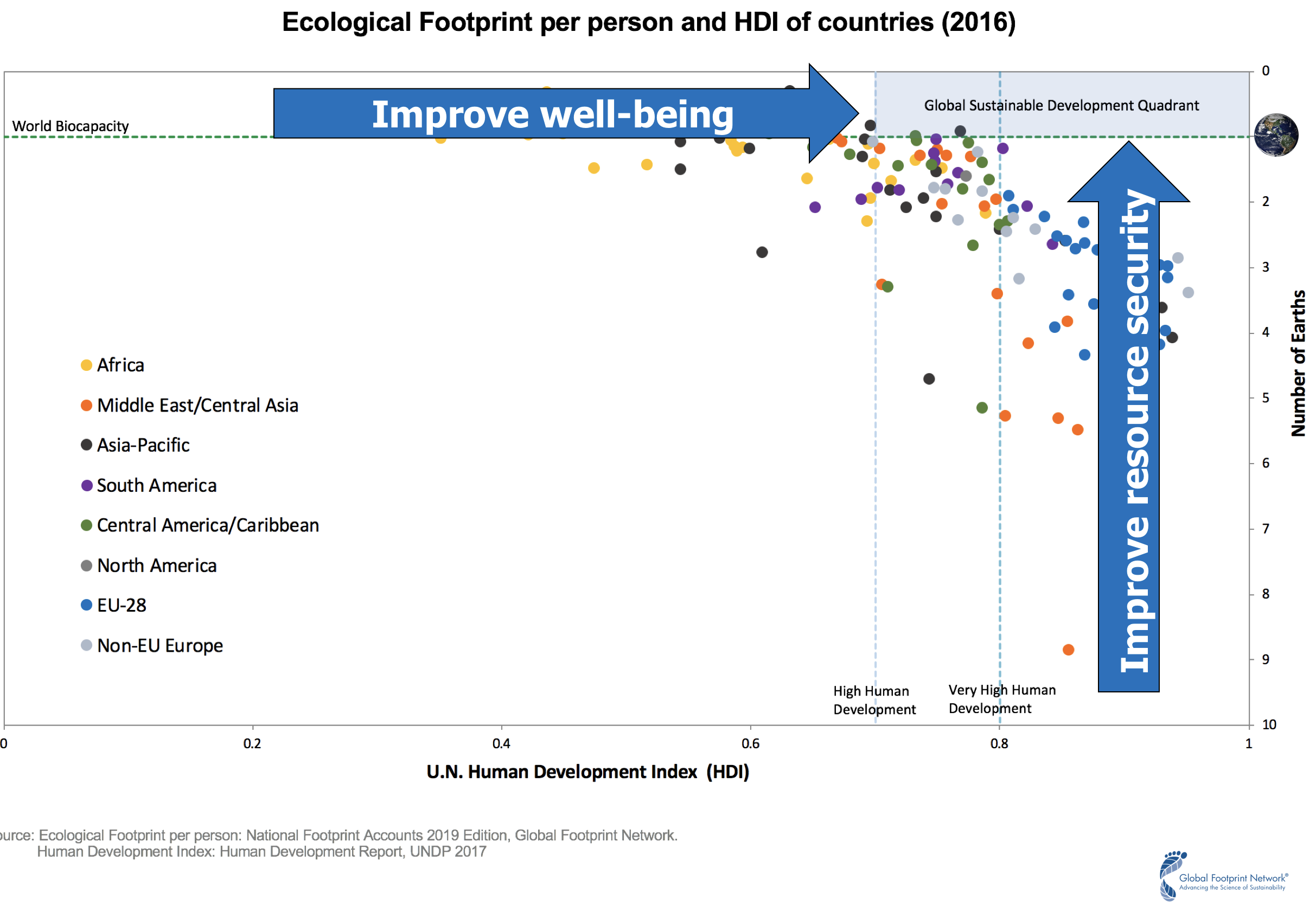UPDATE: Read the op-ed by Mathis Wackernagel, founder and president of Global Footprint Network, and Jean-Pascal Tricoire, CEO and chairman of Schneider Electric, in the magazine Fortune.
Ahead of Earth Overshoot Day this July 29, Schneider Electric, the leader in digital transformation of energy management and automation, announced its commitment to promote one-planet compatibility as the necessary framework for long-term business success. In partnership with Global Footprint Network, it developed a White Paper published today which lays out the detailed approach and supporting metric for one-planet compatibility and humanity’s prosperity.
“One -planet compatibility has to become a new measurement of how a given business strategy helps society, or not, move the date of Earth Overshoot Day,” said Xavier Houot, Senior Vice President Global Safety, Environment, Real Estate. “Such a metric forces the adoption of an outside-in lens and introspect: ‘Does our business operate within one-planet constraints?’ and ‘Do our offers tangibly help our customers move out of ecological overshoot?’. If the answers are positive, long-term prosperity is much more likely. Being part of the solution carries increasingly more weight in the eyes of investors, markets… and Millennials alike!”
In 2019, Schneider Electric and Global Footprint Network teamed up to invite business leaders to assess how one-planet compatibility strategies can deliver differentiation and value in the market. One-planet companies are those companies whose goods and services contribute to humanity’s demands on nature being in balance with what Earth’s ecosystems can provide. More specifically, those companies whose business models increase human well-being while also increasing resource security (see graph) are much more likely to be economically successful in the long-run than those companies that are incompatible with one-planet prosperity and will inevitably face shrinking demand and increasing risks.



